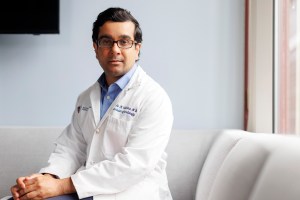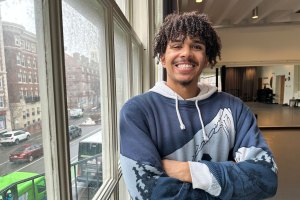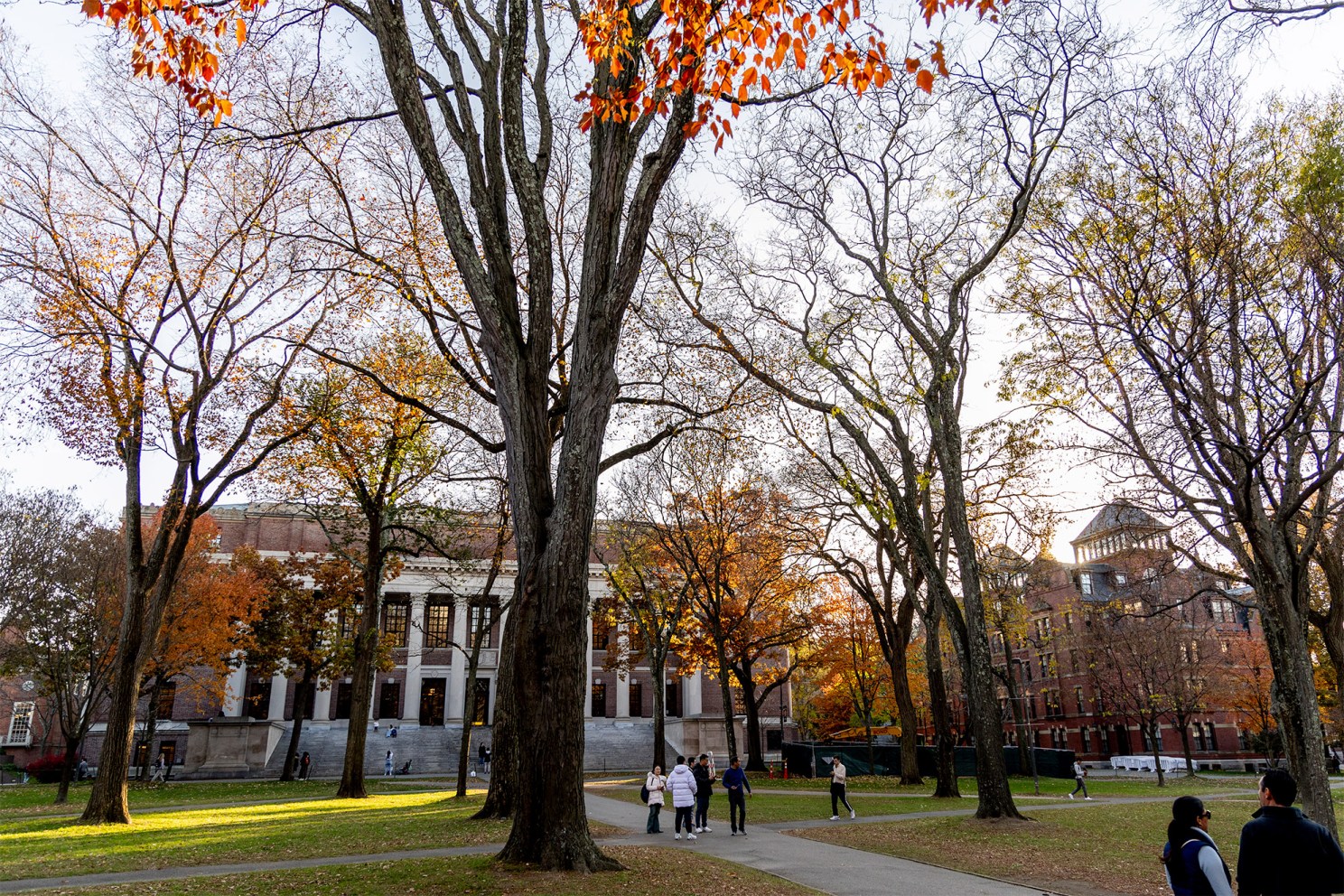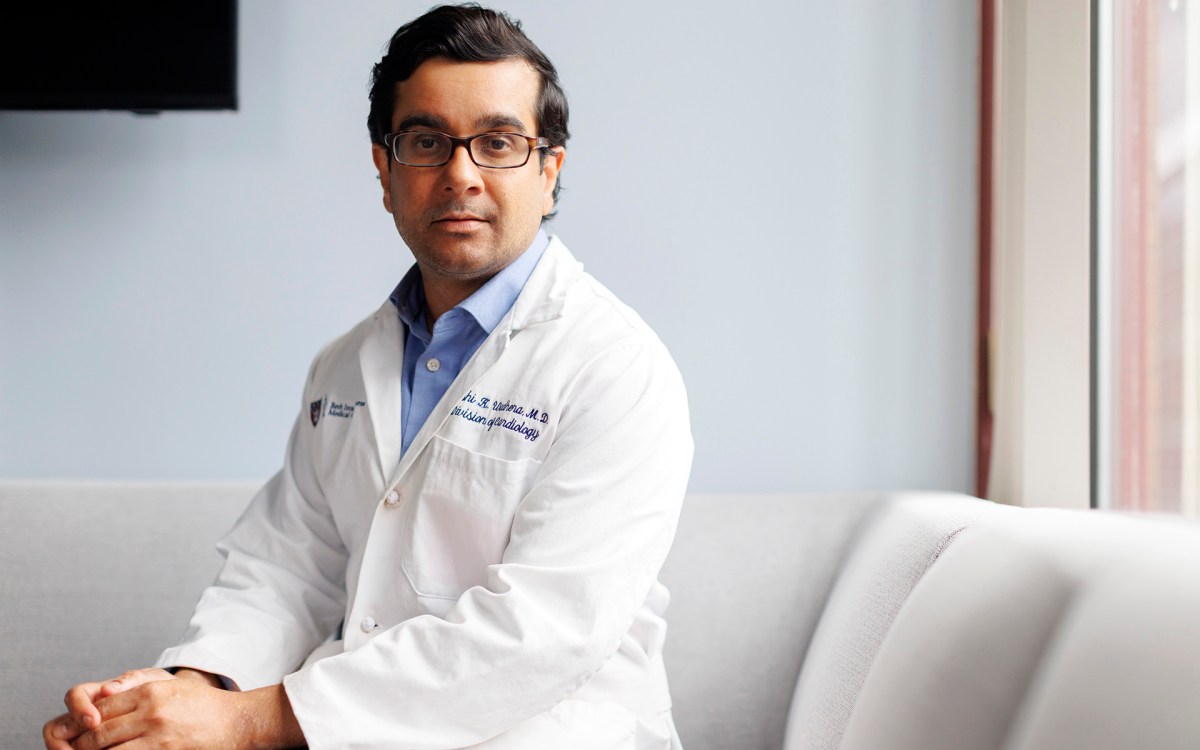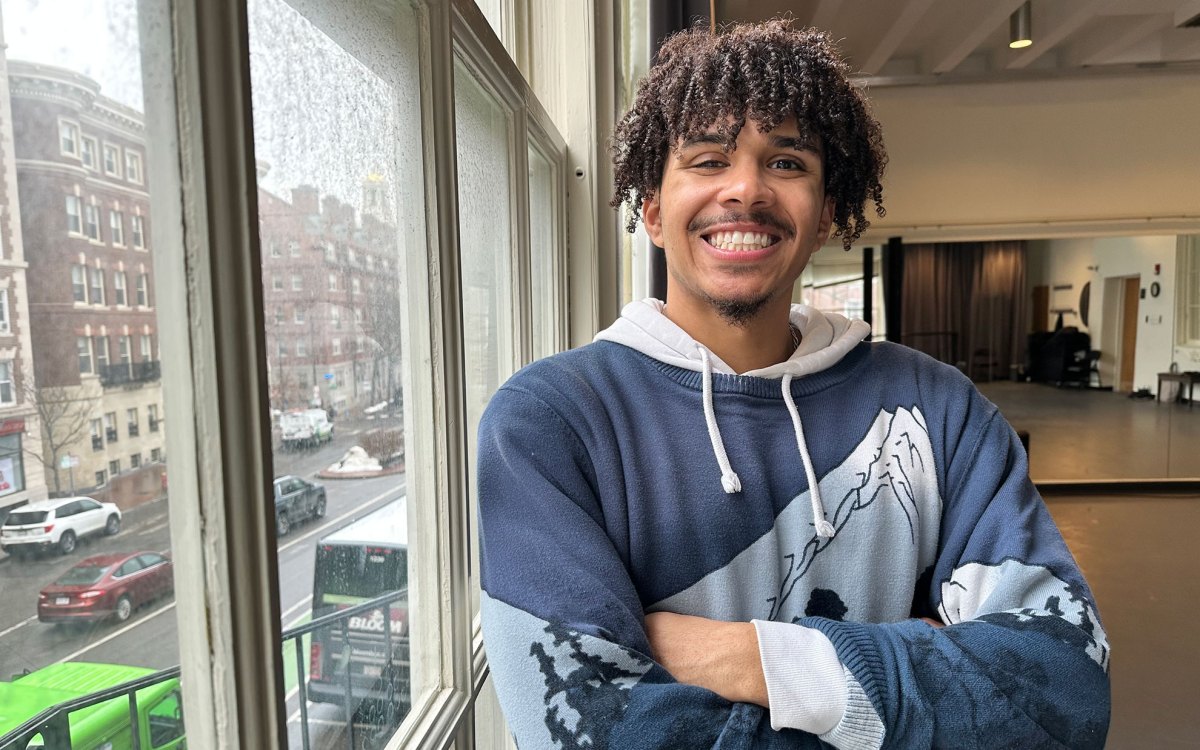The Office of the Vice Provost for Research and the Office of the Vice Provost for International Affairs are pleased to announce the awardees from the 2025 cycle of the Lemann Brazil Research Fund.
Established in 2016 by a generous gift from the Lemann Foundation, the Lemann Brazil Research Fund supports research projects across a broad range of academic interests that focus on current issues facing Brazil.
“We were again impressed by the strength and breadth of proposals we received, demonstrating Harvard’s continued research interests in Brazil and our faculty community’s dedication to groundbreaking research,” said John Shaw, vice provost for research, Harry C. Dudley Professor of Structural and Economic Geology, and professor of environmental science and engineering.
Mark Elliott, vice provost for international affairs and Mark Schwartz Professor of Chinese and Inner Asian History, emphasized the impact of the Lemann Brazil Research Fund, commenting that “the long-standing support and generosity of the Lemann Foundation has enabled remarkable research, leading to positive societal impacts across disciplines.”
This year’s awarded projects are:
“Ecological and Sociodemographic Characteristics of Seroprevalence and Attack Rate of Oropouche Virus in Ceará, Brazil: A statewide seroepidemiological survey” by Marcia Castro, Andelot Professor of Demography, Harvard T.H. Chan School of Public Health; with co-investigators Antonio Silva Lima Neto (State Health Secretariat of Ceará), Luciano Pamplona de Góes Cavalcanti (Federal University of Ceará), and Francisca Kalline de Almeida Barreto (Christus University Center)
“Development of Statistical Methods to Evaluate the Impact of Bolsa Família on Mental Health Using the 100 Million Brazilian Cohort” by Kosuke Imai, Professor of Government and of Statistics, Faculty of Arts and Sciences; with co-investigators Vikram Patel (Harvard Medical School), Daiane Borges Machado (CIDACS, Oswaldo Cruz Foundation and Harvard Medical School), and Flávia Jôse Oliveira Alves (CIDACS, Oswaldo Cruz Foundation and Harvard Medical School)
“Cost-Effectiveness of Cervical Cancer Screening Strategies for High-Risk Remote Populations in Brazil” by Jane Kim, K.T. Li Professor of Health Economics, Harvard T.H. Chan School of Public Health; with co-investigator Nicole Campos (Harvard Chan School); and collaborators Aline Leal Gonçalves Creder Lopes (Ministry of Health, Brazil), Ana Ribeiro (Federal University of Rio Grande do Norte), Kátia Luz Torres Silva (Amazonas Oncology Control Center Foundation), Tainá Raiol (Center for Technological Development in Health, Oswaldo Cruz Foundation), Carmen Phang Romero Casas (Center for Technological Development in Health), and Flávia de Miranda Correa (National Cancer Institute, Brazil)
“Advancing Science, Outreach, and Education: Exploring Brazil’s biodiversity via single-cell transcriptonomics” by Marc Kirschner, John Franklin Enders University Professor of Systems Biology, Harvard Medical School; with co-investigators Jose Garcia Abreu (Institute of Biomedical Sciences, Federal University of Rio de Janeiro) and Leon Peshkin (Harvard Medical School)
“Bridging Divides: Can public policies address polarization and misinformation in Brazil?” by Paula Rettl, Assistant Professor of Business Administration, Harvard Business School; with co-investigator Nara Pavão (Federal University of Pernambuco)
“Increasing vaccination coverage in Brazil: are we moving towards equity? Investigating barriers, inequalities, and scalable solutions for effective and equitable public health” by Sankaran Subramanian, Professor of Population Health and Geography, Harvard T.H. Chan School of Public Health; with collaborators Antonio Fernando Boing (Federal University of Santa Catarina), Alexandra Crispim da Silva Boing (Federal University of Santa Catarina), Lorena G. Barberia (University of São Paulo), and Tatiane C. Moraes de Sousa (Institute of Social Medicine, Rio de Janeiro State University)
“Computing Routes in Brazil Safely and Equitably” by Fernanda Viegas, Gordon McKay Professor of Computer Science, Harvard John A. Paulson School of Engineering and Applied Sciences; with co-investigator Martin Wattenberg (Harvard Paulson School); and collaborator Ana Cristina Bicharra Garcia (Federal University of the State of Rio de Janeiro)

